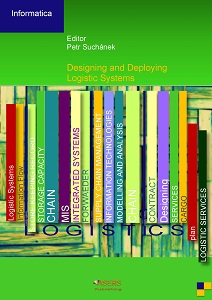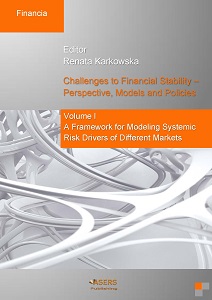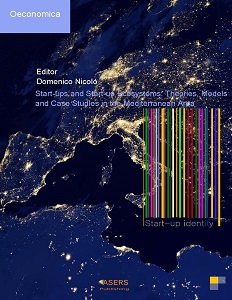Personnel Management
Author(s): / Language(s): English
Keywords: organization; management; labor market; personnel management
Socio-economic transformations of recent years have significantly changed the status of enterprises as the main link of the economy. The market economy radically changed approaches to solving many economic problems and, above all, problems related to man. At present, personnel management issues have become topical not only for managing structures, but also for the personnel themselves. According to many specialists in the field of personnel management, a leader wishing to achieve the highest labor productivity, in addition to his experience, should use different technologies, because the professionalism can not be achieved without a clearly directed system formation of managerial competencies.Under conditions of increasing competition from year to year, businesses are forced to adapt to rapidly changing business conditions. Obviously, the market does not stay the same, it is constantly changing, presenting ever new requirements to the work of the organization and to its business processes. In connection with this, the management of human resources is becoming increasingly important. The necessity and importance of competent personnel management in modern enterprises can not be underestimated. After all, no matter how qualified and able-bodied the management structure of the organization was, the main work is still performed by ordinary specialists. Thus, there is no doubt that the success of the development of any enterprise, regardless of the nature and scale of its activities, directly depends on the effectiveness of the work of employees. Highly qualified and competent staff, satisfied with the conditions and payment for their work, demonstrates high labor productivity. In this connection, the correctly organized process of recruiting, evaluating, distributing and motivating employees makes it possible to achieve the goals set by the management of the organization. Unfortunately, many managers underestimate the importance of the methods of personnel management inherent in modern management and actively used abroad. Administrative methods of managing personnel in their pure form have long outlived themselves. The time has come for a transition from administrative methods of leadership to socio-psychological and socio-economic methods, which have proved to be more effective and allow ultimately to form a positive team of likeminded people. Therefore, in order for an enterprise to work effectively, it is necessary to improve management methods. And the essence of such improvement lies in the fact that the head of the organization should be interested in every employee, in the realization of his personal interests. Transformations in the principles of personnel management should be focused primarily on the implementation of a policy of creating positive motivation for employees, which is of great importance in the current conditions.Of course, the meaning of labor can not be reduced only to material interest. In the process of market transformations, labor values were devalued, that is why for most people labor has become a means of survival. Despite this, for the formation of a strong labor motivation of workers it is necessary that the meaning of labor goes beyond the satisfaction of personal material needs of man.In the context of the transition to an innovative economy, the need to establish an in-house personnel management system, a new concept of human resource management, has grown. Within the framework of this concept it is necessary to develop fundamentally new approaches to the priority of values, when the main thing at the enterprise is an employee focused on creative, creative labor.
More...




















